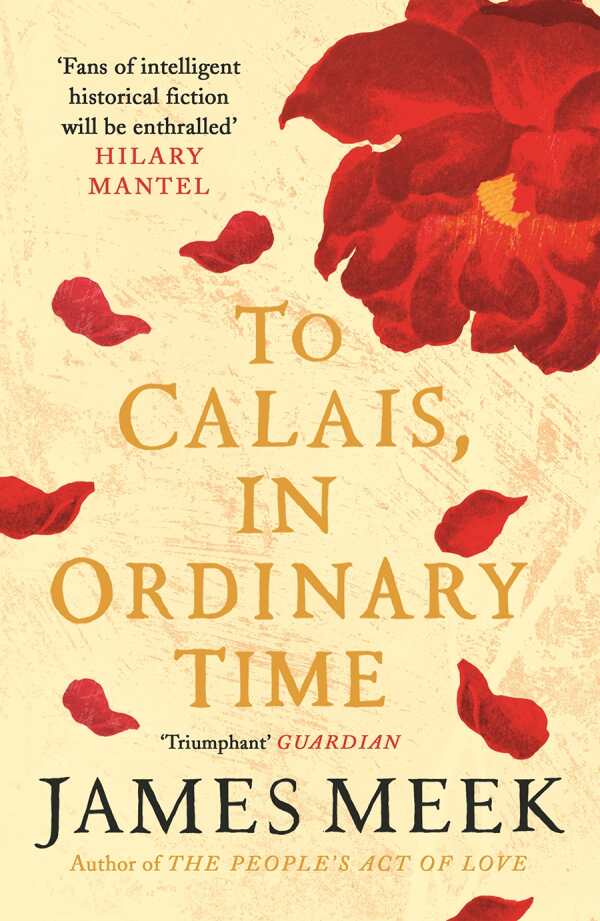To Calais, In Ordinary Time
To Calais, In Ordinary Time is a brilliant novel set in medieval times. In it, a group of travelers races against the Black Death on a journey that leads each to an unexpected destination.
In 1348, as the Black Death sweeps into England from France, an unlikely group of travelers heads for the English Channel, intending to cross to Calais. Among them is Lady Bernadine, fleeing marriage to a man her father’s age; Thomas, a Scottish proctor haunted by his past failures; and Will, a handsome young serf on a quest to buy his freedom. A young swineherd, Hab, follows along, dressed in a wedding gown. Claiming to be his imaginary sister, Madlen, he hopes to entice Will, who is engaged to the village beauty, to love him instead.
This quirky tale, with its Shakespearean twists, turns, and bawdy humor, touches on love and its illusions; patriarchy and women’s struggle to rise against it; the power of the church to control through fear; and the worth of a human being beyond wealth, class, or gender identity.
Written in a semi-invented language that’s redolent of Old English, the dialogue is spiked with words like “snorks,” “cratches,” “cunny,” and “pintle,” bouncy in their rhythms and helpful in placing characters within their social classes and professions. The multifaceted, satisfying narrative follows along as the travelers, though they don’t anticipate the development, are provoked to see themselves for who, and what, they truly are: to confront their true motivations, face their fears, and come to know themselves and their desires better.
An immersive and relevant trip into medieval times that features social unrest and a pandemic, To Calais, In Ordinary Time is an existential novel that leaves no one unchanged.
Reviewed by
Kristine Morris
Disclosure: This article is not an endorsement, but a review. The publisher of this book provided free copies of the book to have their book reviewed by a professional reviewer. No fee was paid by the publisher for this review. Foreword Reviews only recommends books that we love. Foreword Magazine, Inc. is disclosing this in accordance with the Federal Trade Commission’s 16 CFR, Part 255.

